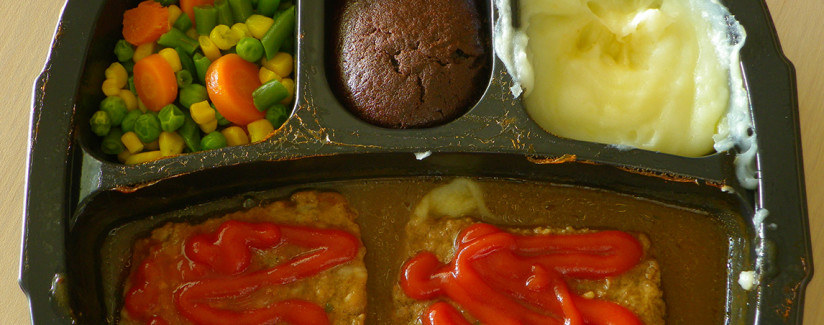
Are Processed Foods Unhealthy?
Unless your shopping trip to the grocery store is limited to the far perimeter aisles, there is a good chance your diet contains some form of processed food. So, what foods qualify as “processed?” According to the International Food Information Council, processed foods are defined as, “any food other than a raw agricultural commodity that has been subject to washing, cleaning, milling, cutting, chopping, heating, pasteurizing, blanching, cooking, canning, freezing, drying, dehydrating, mixing, packing or other procedures that alter the food from its natural state.” Processed foods can also include added preservatives, flavors, nutrients or other food substances.
For a better understanding of processed foods, we reached out to Dr. Sean O’Keefe, a food science professor at Virginia Tech, Dr. Wendy Dahl, an assistant professor in the Food Science and Human Nutrition Department at the University of Florida and Dr. Julie M. Jones, Distinguished Scholar and Professor Emerita of Foods and Nutrition at St. Catherine University for some more insight on why foods go through processing and if processed foods are less healthy and less safe than unprocessed foods.
Dr. Sean O’Keefe says: “Processed foods, such as fast food, typically have higher salt content and low moisture content to inhibit mold growth. Breads often have propionic acid added to prevent mold. The combination of high salt and low moisture prevent spoilage. This is why you see that fast food doesn’t change much in appearance over time. These particular techniques are not new; people have applied the use of drying and salting techniques to food preservation for years.”
Dr. Wendy Dahl says: “Food processing is anything we do to modify food ingredients into foods or foods into a new form. We usually think of food manufacturers when we think about food processing, but we also “process” foods in our own kitchens. We may harvest vegetables from our own garden, blanch and freeze it. This is food processing. Freezing foods, especially when carried out commercially, do not make foods less healthy, nor does canning unless high amounts of salt or sugar are added. As most foods are in some way processed, we can’t simply state that processed foods are unhealthy. Processing often improves shelf-life and can lower risk of food-borne illness. The large variety of foods we have access to and our many convenience foods would simply not be possible without food processing.”
Dr. Julie Jones recommends that we look beyond the processing and focus more on how food fits into our overall diet. She points out that some ready-to-eat cereals, which are considered as processed food, provide fiber and missing nutrients. Dr. Jones urges consumers to “eat frozen, dried and canned fruits and vegetables because we have good data that diets rich in fruits and veggies are associated with lower risks of a number of chronic diseases and increased longevity.”
When we asked, “are processed foods unhealthy?” we learned that there is not a simple yes or no answer. As Dr. Dahl stated, while some processes include the addition of high amounts of salt or sugar that would result in an unhealthy food product, others exist to help food last longer. Some processed foods may be unhealthy but others – like great frozen fruits and vegetables that are available all year – are processed for our convenience.
Image: “meatloaf and ketchup” by Daniel Oines is licensed under CC BY 2.0.




























